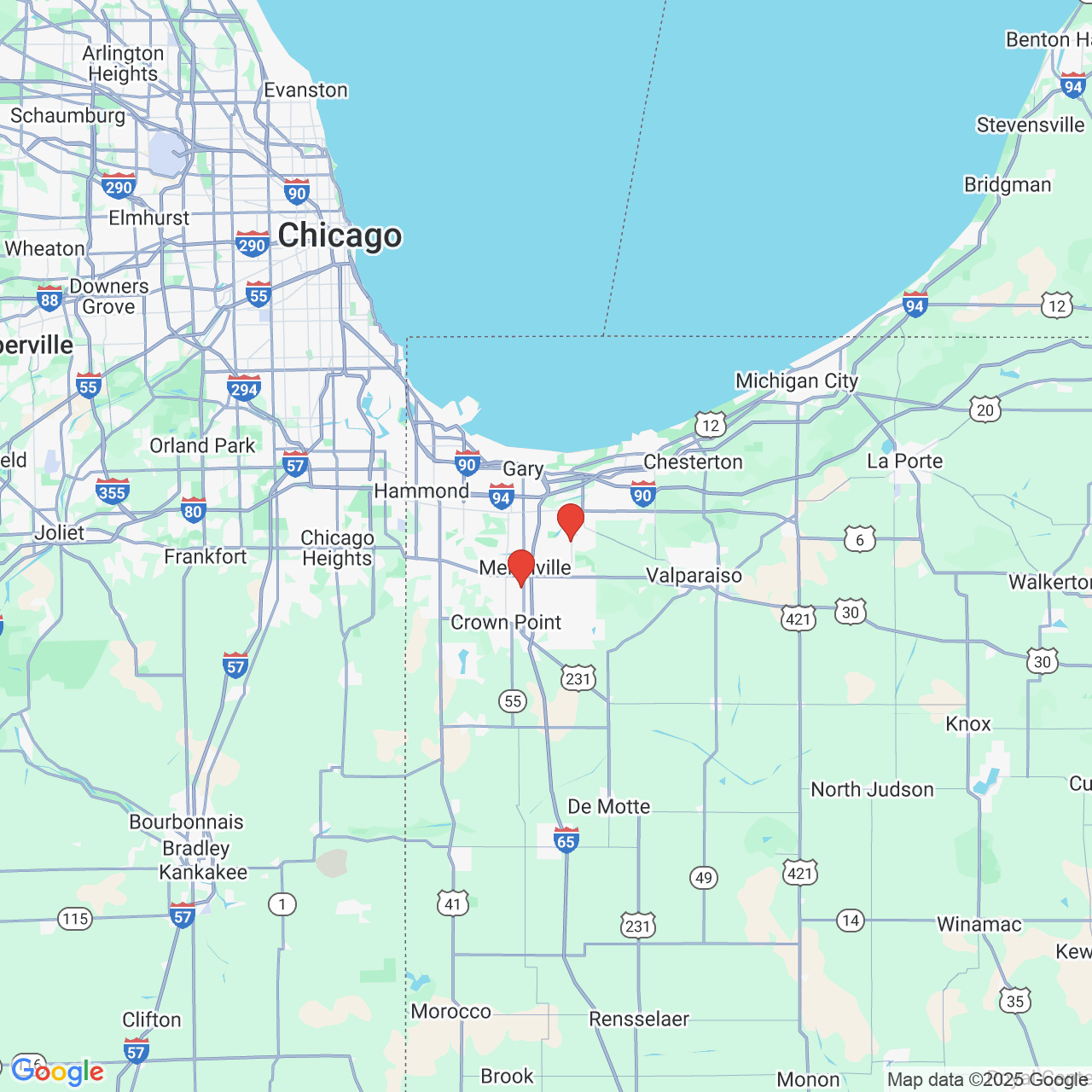Cataract Surgery and Implant Choices
 A cataract is an eye disease that causes the normally clear lens of the eye to become opaque and cloudy, which results in a decrease in the clarity of one’s vision. Cataracts are incredibly common and are usually age related, with most developing after the age of 40. Quite often, patients of our Lake County vision center realize a cataract is present only when they start to experience a disruption in their vision. It is common for a person to live for years with a cataract before experiencing symptoms. A person can be completely unaware that he or she has a cataract until it is found during a routine eye examination.
A cataract is an eye disease that causes the normally clear lens of the eye to become opaque and cloudy, which results in a decrease in the clarity of one’s vision. Cataracts are incredibly common and are usually age related, with most developing after the age of 40. Quite often, patients of our Lake County vision center realize a cataract is present only when they start to experience a disruption in their vision. It is common for a person to live for years with a cataract before experiencing symptoms. A person can be completely unaware that he or she has a cataract until it is found during a routine eye examination.
The only treatment for a cataract is surgery. Cataract surgery should be delayed as long as possible, but once symptoms begin to affect your life negatively, surgery is recommended. Cataract surgery is so common that over a million cataract surgeries are performed in the United States each year. Symptoms of cataracts include blurry vision, dim vision, cloudy vision, sensitivity to light, an increased difficulty seeing at night, frequent changes in your eye prescriptions, double vision, halos, glare, and colors that seem faded.
In the earlier stages of cataracts, some of the symptoms can be treated with eyeglasses. Once symptoms progress, the only effective treatment is cataract surgery. While it is possible to live with a cataract for years, once it becomes difficult to see clearly, the only effective treatment is cataract surgery. In fact, we strongly recommend surgery if you are having difficulty driving at night, reading, and seeing clearly because of a cataract.
Cataract Surgery
The most commonly performed cataract surgery is phacomulsification, or “phaco.” Phaco is performed on an outpatient basis. During the procedure tiny incisions are made in the cornea. These incisions create an opening on the surface of the lens. The lens is completely dissolved and is then suctioned out. Once this is completed, an intraocular lens (IOL) is implanted into the empty lens capsule.
Cataract Surgery and Implant Choices
There are many options when it comes to IOLs including monofocal ACRYSOF® IOL, ACRYSof® ReSTOR® IOL, and the AcrySof® Toric IOL. Your unique eye care needs will determine which IOL will be used during your cataract surgery.
- Monofocal ACRYSOF® IOL: This type of IOL provides a set focal point, typically for distance. Patients receiving this IOL will see clearly within a certain range. The majority of our Lake County cataracts patients who receive this type of IOL have their vision restored to its pre-cataracts state. Some patients may still require reading or distance glasses after surgery. It is also possible for some patients to experience halos or glare under certain lighting conditions.
- ACRYSof® ReSTOR® IOL: This IOL restores near and distance vision and everything in between. Patients with presbyopia and cataracts can correct both with the ACRYSof® ReSTOR® IOL. An advantage of this IOL is that patients can completely eliminate their need for reading glasses or bifocals after undergoing surgery.
- AcrySof® Toric IOL: This type of IOL is used to correct astigmatism in patients with cataracts. Many of our Lake County cataract surgery patients receiving this type of IOL will no longer require eyeglasses or contact lenses for distance vision.
Schedule a Consultation
To learn more about cataract surgery and implant choices, or to schedule a personal consultation, please contact Deen-Gross Eye Centers today. We would be happy to discuss your cataract surgery options in detail.



